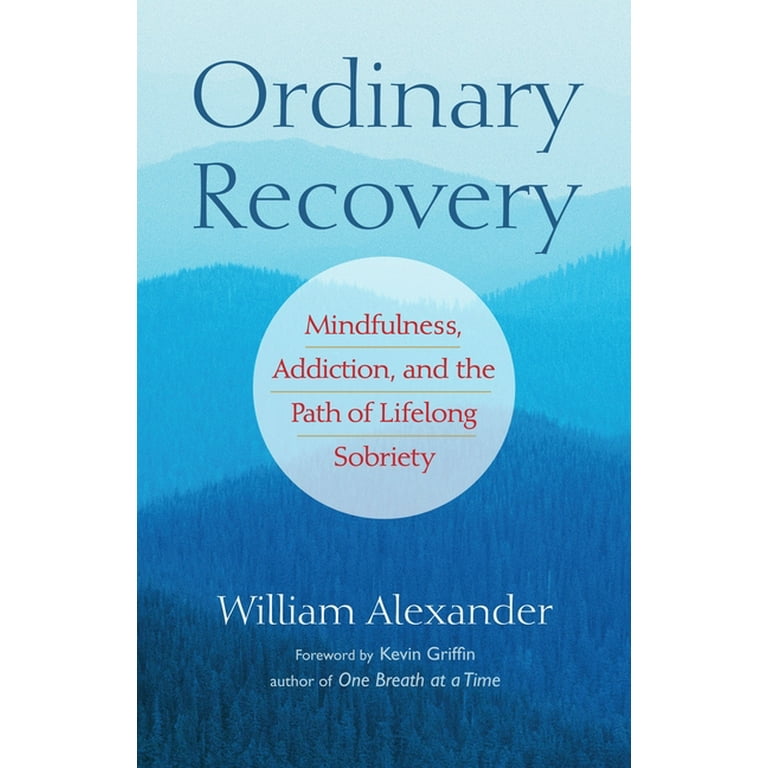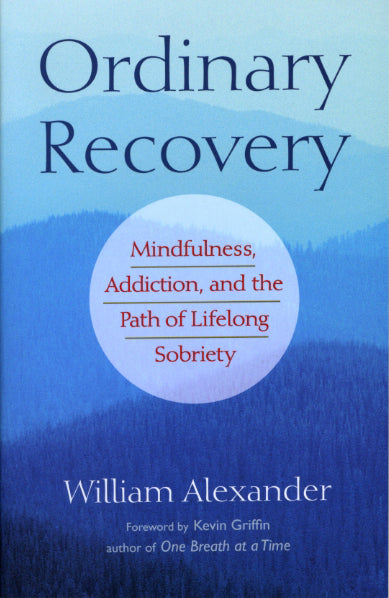Addiction is a compulsive engagement in rewarding stimuli despite adverse consequences. It often involves a physical or psychological dependence.
Understanding addiction means recognizing its complex nature that intertwines behavior, biology, and environment. It’s a disorder that can capture the essence of a person’s willpower, affecting their everyday life and relationships. Addictions vary, with substances like alcohol, drugs, and nicotine being common, as well as behaviors such as gambling.
This chronic condition is characterized by the relentless pursuit of a habit-forming activity or substance, despite negative impacts on health and wellbeing. Society views addiction with a blend of concern and misunderstanding, seeking to balance empathy for those afflicted with the need for effective treatment strategies. Comprehensive approaches to recovery focus on the individual, with support systems playing a crucial role. Advances in medicine and psychology continue to enhance our ability to combat addiction, shedding light on both its challenges and the hope for those struggling to regain control.
Understanding Addiction
Understanding addiction is crucial in helping individuals and their loved ones. The journey toward recognition and recovery often begins with grasping the basics. In this section, we’ll dive into what addiction really is, explore the various forms it can take, and uncover some of the common causes behind it.
Definition Of Addiction
Addiction is a complex condition. It is a brain disease manifesting as compulsive behavior. Despite the harm it might cause, people with addiction feel unable to stop. It goes beyond just drugs and alcohol. Addiction encompasses a range of harmful behaviors linked to reward and motivation systems in the brain.
Types Of Addiction
Addictions can be classified into two main categories:
- Substance addictions: These involve chemicals like alcohol, nicotine, or opioids.
- Behavioral addictions: These are related to compulsive behaviors or activities, such as gambling or overeating.
Causes Of Addiction
Several factors contribute to the development of addiction. They can be biological, environmental, or psychological. By understanding these causes, we can develop effective prevention and treatment strategies.
| Biological Factors | Environmental Factors | Psychological Factors |
|---|---|---|
| Genetics | Peer pressure | Stress |
| Brain structure | Social environment | Trauma |
| Developmental stages | Access to substances | Mental health disorders |

Credit: www.amazon.com
Effects Of Addiction
Addiction touches millions of lives. It shapes futures and can shatter dreams. Understanding its far-reaching effects can bring clarity in seeking help. The journey begins with recognizing the impacts on body, mind, and social relationships.
Physical Effects
The toll of addiction on the body is vast. It often starts subtly and escalates. Key physical consequences include:
- Chronic health conditions: These may emerge, such as heart disease, liver failure, or diabetes.
- Weak immune system: This leads to more infections and illnesses.
- Neurological impairment: Memory loss and impaired judgment are common side effects.
Substance abuse can damage organs. It can also disrupt normal body functions. A table below lists common substances and their related physical effects:
| Substance | Physical Effect |
|---|---|
| Alcohol | Liver disease, brain damage |
| Tobacco | Lung cancer, heart disease |
| Opioids | Overdose, weakened immune system |
Psychological Effects
Addiction’s invisible scars often manifest psychologically. It can affect brain chemistry and personality. Core psychological effects comprise:
- Anxiety and depression: Frequent mood swings or feelings of despair take hold.
- Addiction-induced psychosis: Hallucinations or delusions may appear.
- Cognitive decline: Concentration and decision-making skills can weaken.
Recovery from these mind-related effects requires time and professional support.
Social Effects
Beyond the individual, addiction strikes the very fabric of society. Relationships, professional life, and community ties suffer. Social impacts include:
- Broken relationships: Trust within families and friendships erodes.
- Job loss and financial strain: Work performance dips, leading to monetary troubles.
- Social isolation: Withdrawal from social interactions becomes prevalent.
Rebuilding social bonds is vital in the healing process. Support groups and therapy can aid in this endeavor.
Treatment And Recovery
Walking away from addiction is a brave step. The journey involves several stages. Each stage plays a critical role in the path to a substance-free life. Effective treatment may include detoxification, therapy, and ongoing support. Let’s explore them one by one.
Detoxification
Detox paves the way for healing. It’s the process where the body removes toxins. This step can often be tough, with a range of withdrawal symptoms.
- Detox happens in a controlled environment.
- Medical professionals monitor and support the individual.
- Medication may be given to ease withdrawal symptoms.
Therapy And Counseling
Understanding and confronting the root cause of addiction is pivotal. Therapy provides the tools to cope with cravings and triggers.
| Type of Therapy | Description |
|---|---|
| Individual Therapy | One-on-one sessions with a therapist to work through personal issues. |
| Group Therapy | Peer support to share experiences and solutions. |
| Family Therapy | Includes family members to heal relationships and build a support system. |
Therapists may use Cognitive Behavioral Therapy (CBT) or other approaches to aid recovery.
Support Groups And Aftercare
Long-term success often hinges on support after treatment. Recovery is a lifelong journey.
- Groups like AA or NA provide community and accountability.
- Aftercare programs help maintain sobriety.
- Activities can include ongoing counseling, workshops, and check-ins.
Main goals include preventing relapse and ensuring the individual leads a fulfilling life.

Credit: www.walmart.com

Credit: monasterystore.org
Frequently Asked Questions For Addiction
What Is Defined As An Addiction?
An addiction is a chronic disorder characterized by compulsive engagement in rewarding stimuli, despite adverse consequences. It often involves physical or psychological dependence on substances or behaviors.
What Are The 4 Elements Of Addiction?
The four elements of addiction are: 1. Compulsive behavior, 2. Continued use despite harm, 3. Craving and withdrawal symptoms, 4. Tolerance development.
How Do I Stop Being Addicted To Love?
Recognize your addiction signs and seek therapy or counseling. Practice self-care, occupy your time with hobbies, and build a strong support network. Exercise self-discipline and set boundaries in relationships; avoid obsessive thoughts by redirecting focus.
Is Addiction A Depression?
Addiction and depression are distinct conditions, but they can co-occur. One isn’t a subtype of the other; however, substance abuse can lead to depression, and vice versa.
Conclusion
Understanding addiction requires compassion and knowledge. It’s not just about willpower; it’s a complex issue that often demands professional help. We’ve explored its intricacies, hoping to shed light on effective management strategies. Remember, seeking support is a sign of strength, not weakness.
Let’s embrace healthier lives, together.

